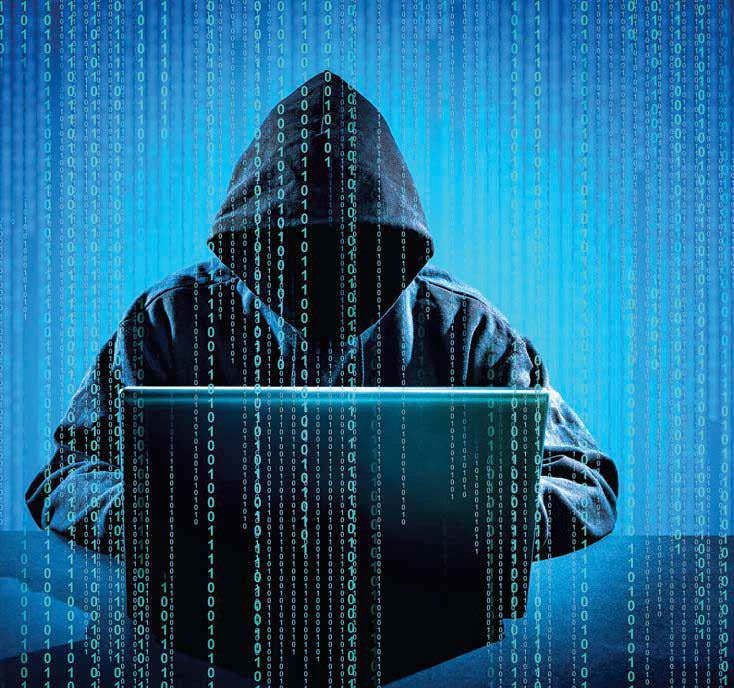As the holiday season approaches, cybersecurity threats can increase as cybercriminals take advantage of the festivities and people’s online activities, so awareness and proactive measures are essential in protecting your digital presence. Below are cybersecurity watch lists for the Christmas and New Year, so you can enjoy a safe and secure holiday season both online and offline.
Online Shopping Security: Be cautious when shopping online. Stick to reputable online retailers with secure payment options. Verify the website security by looking for “https://” in the URL and a padlock icon in the address bar. Also, watch out for misspellings or suspicious domain names that may indicate a fake site.
Delivery & Phishing Scams: With the increase in online shopping, be wary of fake delivery notifications, holiday-themed phishing emails and messages asking for payment via gift card. Cybercriminals often take advantage of the season to send fake promotions, shipping notifications, or greeting cards to trick users into revealing sensitive information. Also, be skeptical of unexpected emails, especially those with attachments or links. Verify the sender’s email address and avoid clicking on suspicious links or downloading attachments from unknown sources.
Secure Wi-Fi Networks: Use secure and password-protected Wi-Fi networks, especially when making online purchases or accessing sensitive information. If traveling, be cautious of public Wi-Fi (Avoid public Wi-Fi for transactions involving personal or financial data). When necessary, use a virtual private network (VPN) to encrypt your internet connection and enhance security. In addition, avoid using public charging stations or USB ports, as they may pose security risks.
Device Updates: Keep all your devices, including smartphones, tablets, and computers, updated with the latest security patches and software updates. This helps protect against known vulnerabilities. Review and adjust privacy settings to minimize potential risks and change default passwords.
Social Media Awareness: Be mindful of the information you share on social media. Avoid “oversharing” holiday plans, travel details or specific details about your location, and valuable gift information, as this information can be used by cybercriminals for social engineering attacks or physical break-ins.
Password and Authentication: Use strong, unique passwords for each online account. Enable 2FA whenever possible, especially for accounts containing sensitive information. This adds an extra layer of security by requiring a secondary form of verification.
Secure Remote Meetings: If hosting or participating in virtual gatherings, use secure and reputable video conferencing platforms. Set up password protection and enable waiting room features to control access.
Lastly, regularly update your security awareness and share these cybersecurity tips with friends and family members if they are less familiar with online security to collectively strengthen the online safety of our community.




Your point of view caught my eye and was very interesting. Thanks. I have a question for you.
Your article helped me a lot, is there any more related content? Thanks!